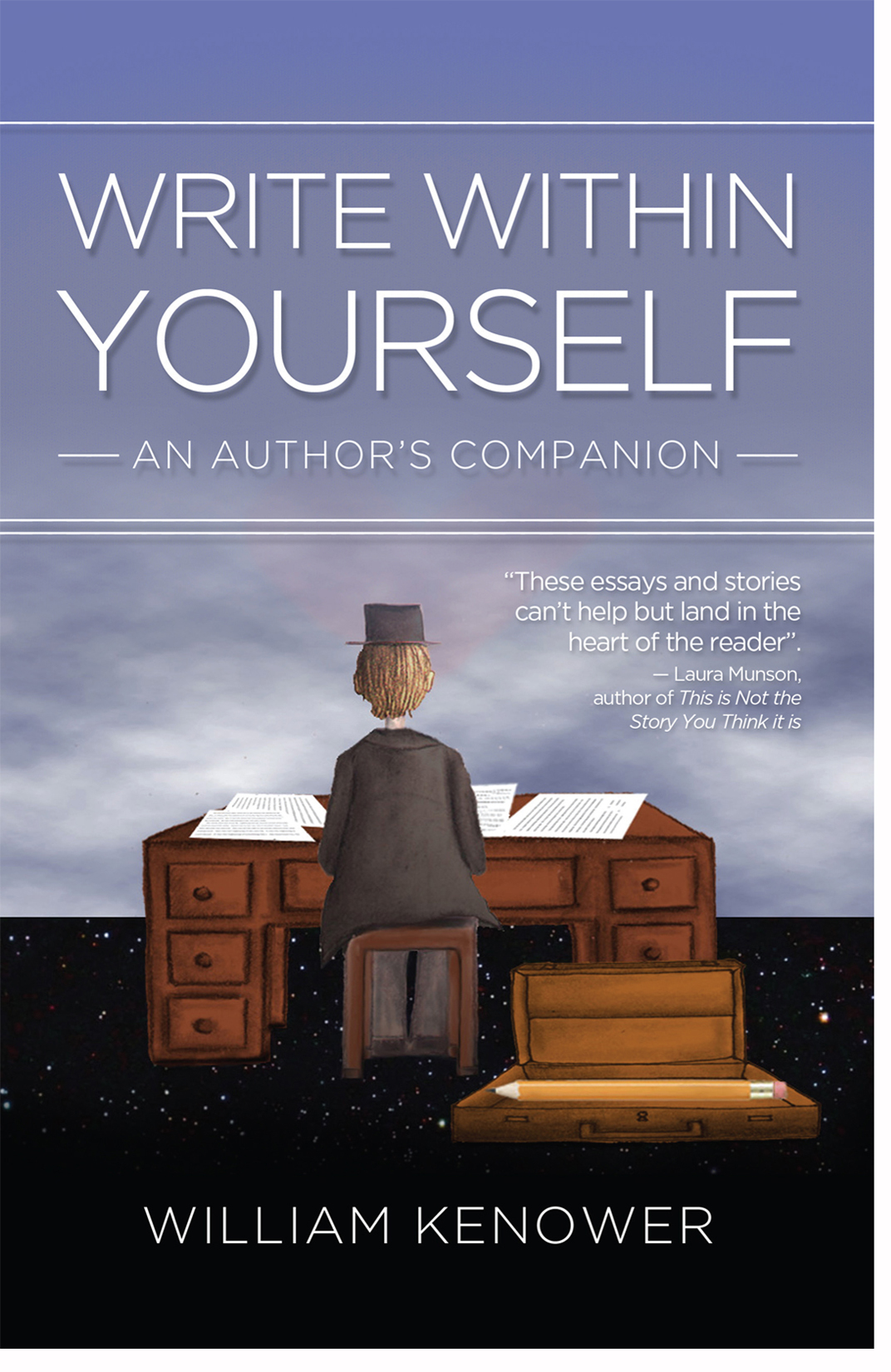A Good Practice
Some years ago, I decided that I was tired of my writing feel so much like a game of chance. I was tired of not knowing from one day to the next whether it would be a “good day” or a “bad day”, as if I had no real power over whether the writing would go effortlessly and I would fall into that dream of the story I was telling, or whether it would be hard, and I’d feel lost and I hate what I was writing even as I was writing it. I was tired of feeling as though these spells of good writing and bad writing came and went of their own free will, as if I had no more power over what happened at my desk than I did over the weather outside my window. So I began to pay close attention to my writing experience, becoming curious about when it was going well and when it wasn’t going well as I never had before. It was as if I were conducting an experiment on myself. By and by I discovered that the difference between a “good day” and a “bad day” came down to one thing: Whether I was wondering what other people would think of what I had written. When I wondered what other people would think of it, the writing went poorly; when I didn’t, the writing went well. It was like an off and on switch.
I decided that the truth of being not just a writer, but being human, is that we don’t actually care what other people think about anything. My evidence is how good I feel when I stop trying to make myself care, whether at the desk or away from it. This is not to say that I don’t care about being in good relationships with other people; I care very much about that. But nothing will interfere with those relationships more than me trying to guess what those people are thinking. It’s none of my business, and I’m always wrong anyway.
In this way, writing began teaching me how to love other people. I love them best by getting out their heads and sinking into my own heart, which, it just so happens, is where I find what I most want to write about. While writing, I practice unconditional love. Every day, I practice loving the story I am writing without placing the condition on it that someone else must love it also. Some days I am better at this than others. No matter, it’s a practice. And as I get better at it, I find I am better at not caring about what someone else might be thinking while I am actually with them.
Now, the tables have turned, so to speak. Now, I find that being with other people makes me a better writer. It’s one thing not to care what other people think when I am safely alone at my desk, ; it’s another thing altogether when I find myself out and about in the circus of life. Here, opinions are flying like bullets. When I find the peace I know at my desk on the battlefield of the public square, I immediately become a better writer. Where writing sometimes felt like walking a high wire, it now feels like standing on a stepstool.
Moreover, this practice has brought the private and the public worlds together. I used to see them as necessarily separate. My private life was a safe refuge from the rough public square where all my injuries occurred. Yet I could suffer suicidal misery alone at my writing desk when I thought myself inadequate, and I could find the relief of love in the company of others, whether on the street or at the dinner table. The separation is an illusion of my own invention. My window may keep the rain outside, but it provides no protection from what could never harm me in the first place.
Write Within Yourself: An Author's Companion.
"A book to keep nearby whenever your writer's spirit needs feeding." Deb Caletti.
You can find Bill at: williamkenower.com


